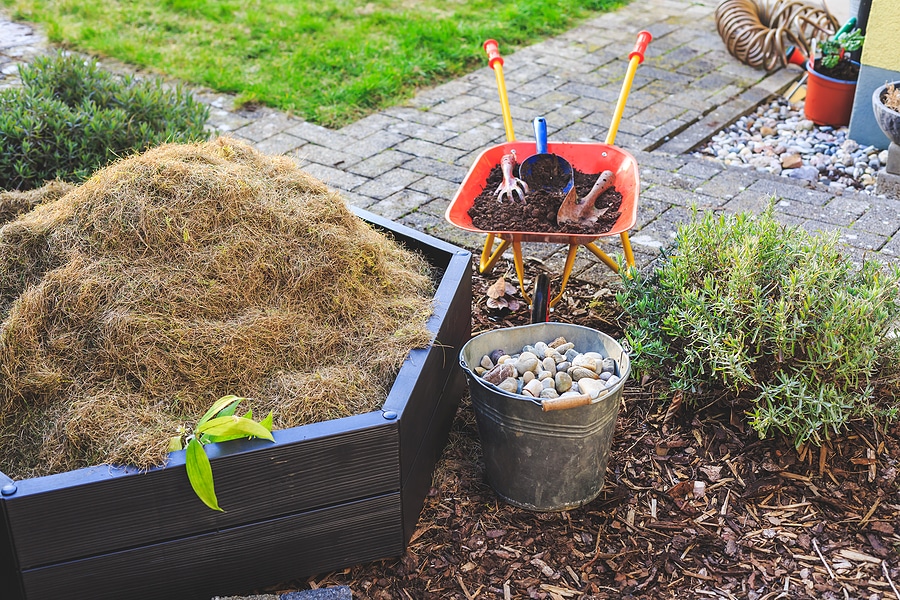4 FAQs About Returning Grass Clippings
Lawn debris such as grass clippings, leaves, and branches, are unavoidable when it comes to lawn care. As people prepare their lawns for the fall, many aren’t sure what to do with their grass clippings. At Nature’s Select Sandhills, we’re all about working with nature and not against it. So, we wanted to answer some common questions we get about returning grass clippings to the lawn.

1. How does my lawn benefit from returning grass clippings?
Grass clippings are a rich source of nutrients and minerals that your lawn needs to grow thick and healthy. In fact, clippings alone contain about four percent nitrogen, two percent potassium, and one percent phosphorous. As these clippings decompose in your lawn, they feed the good bacteria in the soil, providing a great source of food that you can’t get from a store-bought fertilizer.2. Do clippings contribute to thatch?
Lawn thatch is a thick layer of grassroots, stems, runners, and lower shoots. These accumulate between the soil and active growing parts, choking new grass seedlings and starving your soil of key nutrients and water. However, grass clippings themselves are about 80 percent water, which means they decompose rather quickly. But, if you have a thatch layer more than half an inch thick, these decomposing clippings won’t be able to reach into the soil.3. Can I use a mulching mower?
Yes! Mulching mowers are great for dispersing the clippings evenly throughout your lawn as you mow. Our only word of caution is that you make sure not to cut your grass too low. You should aim to remove only a third of the vertical green growth each time you mow so that you don’t run into a situation where you’re spreading a thick layer of grass clippings.4. When should I avoid spreading clippings?
If your lawn is experiencing any lawn disease, you should avoid spreading the clippings. Composting ill blades will likely spread the disease throughout your lawn, which is not something any homeowner wants. Additionally, you should avoid using wet grass blades for composting in your lawn, as the excess water can mat healthy blades together.Improve Your Lawn this Fall
Sometimes, we all need help with our lawns. That’s why so many homeowners turn to Nature’s Select Sandhills. Our lawn care programs are designed specifically for lawns throughout Pinehurst, Southern Pines, and Seven Lakes, NC. Our services also include aeration, seeding, and pest control. So, get your free estimate today by calling (910) 757-0359.